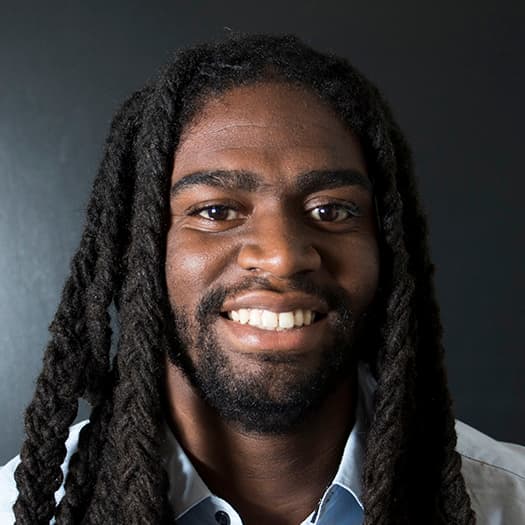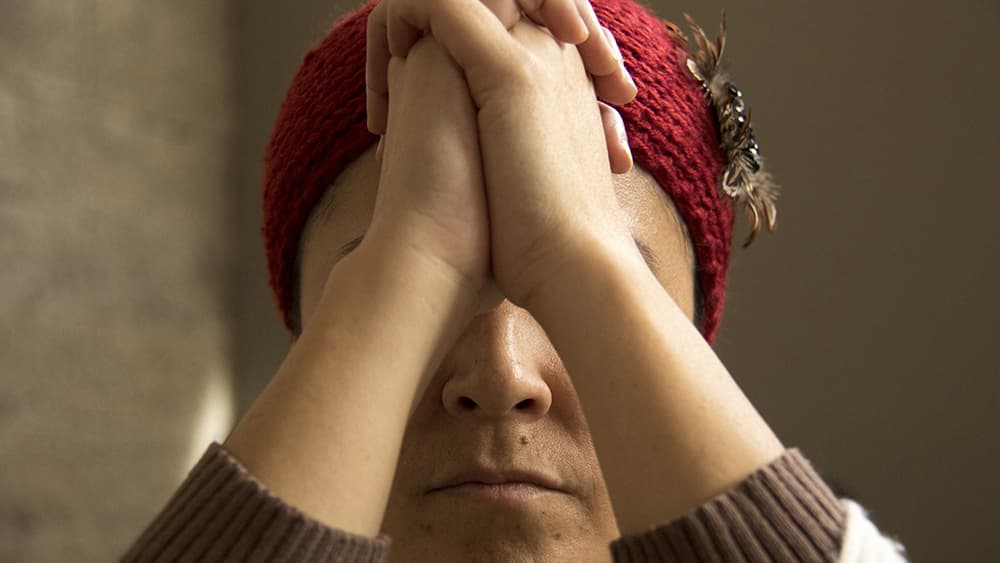Several recent high profile incidents of violence against faith communities across the nation have led to a heightened awareness of how places of worship can be vulnerable places for destructive terrorists. This is no new environment for faith groups, says Terrance Hughes, president of the Greater Metro Denver Ministerial Alliance, despite the increase in public discourse.
The main thing that has changed is the level of attention these tragedies receive from the media, which he attributes the modern news cycle.
"This is really not a new climate," Hughes says. "What's new about it is the coverage, if you will, and the amount of media attention. We've always had issues with security, from individuals who wanted to come in from domestic violence situations to people who are disgruntled against the church."
He acknowledges that intense media coverage has raised awareness. But he is all too familiar with smaller incidents of violence that are devastating for faith communities. Unfortunately, he says, many of these events often don't make national headlines.
"There's a misconception that the black church is ignorant to what's to going on," Hughes said. "We had a church mother get killed at her church in Aurora. It didn't get the coverage that these other ones have."
He says that commonality of experience between faith groups "gives us a level of empathy when we see other shootings around the country."
That empathy benefits faith groups navigating the same unfortunate circumstances. Hughes says he's been a part of numerous conferences and seminars where local faith leaders discuss security practices and he says those sessions have been extremely beneficial to Denver's faith community.
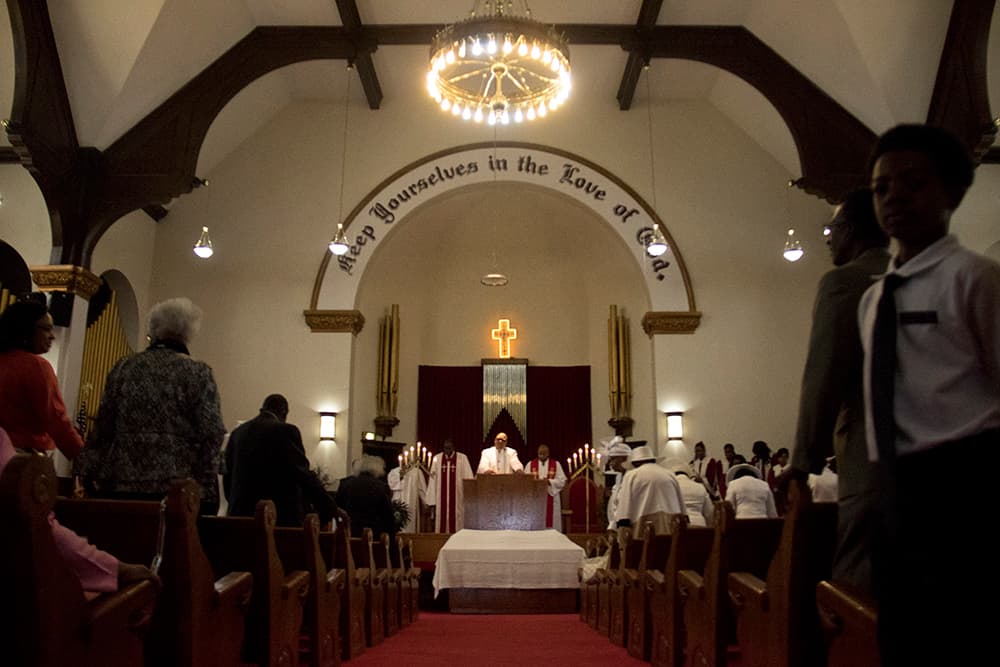
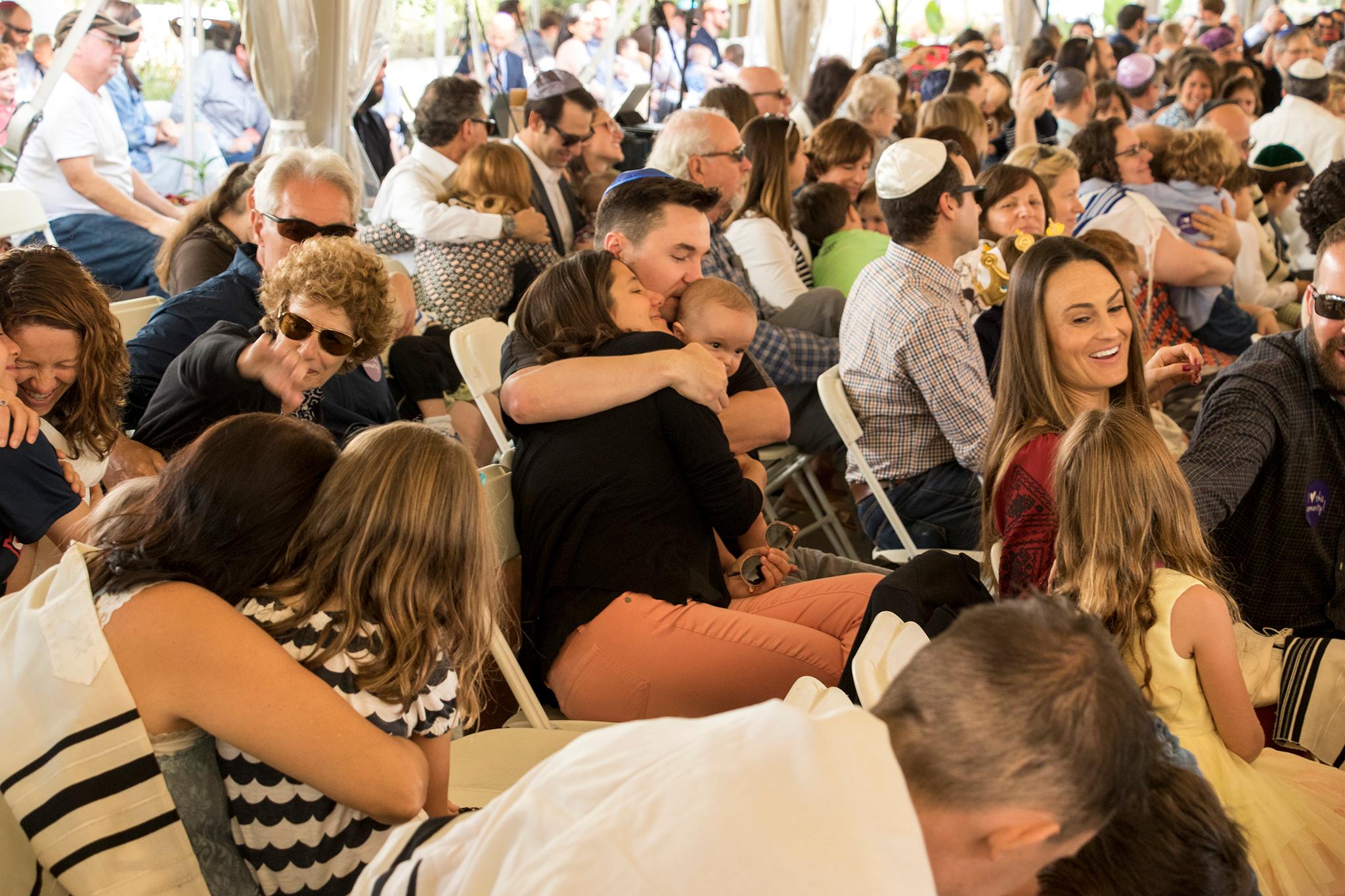
Although security risks are an important aspect of planning for faith groups, Wendy Aronson, the executive director of Judaism Your Way, says it's important to nuance the conversation by remembering that people need to feel comfortable and secure in their places of worship.
"I think that it's a really serious conversation about wanting to achieve a balance between knowing we are keeping community members safe and knowing we're creating a welcoming environment," Aronson said.
That security is paramount for every type of person in the congregation.
"We have a sizable community of Jews of color. For a lot of people of color, seeing an elevated police presence does not lead them to feel more secure or more safe," Aronson said.
Judaism Your Way collaborates with the police department in order to take security measures. It's a delicate balance between policing houses of worship and keeping them warm and welcoming, Aronson said. She says the police have been extremely helpful and have always been open to providing whatever assistance they can to provide.
Aronson initiates talks with law enforcement about large-scale events, like the high holy day celebrations at the Botanic Gardens, well in advance of the event.
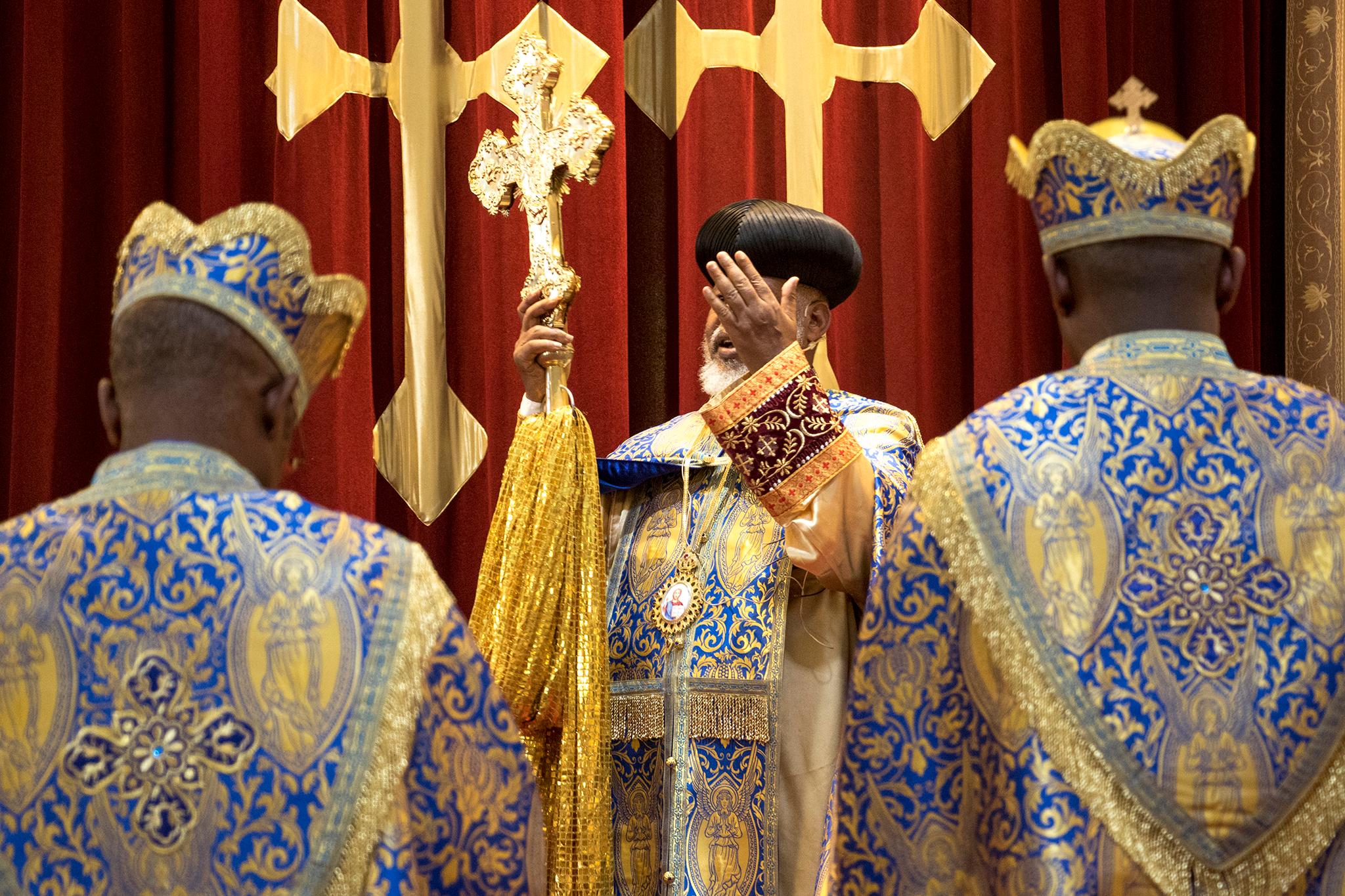
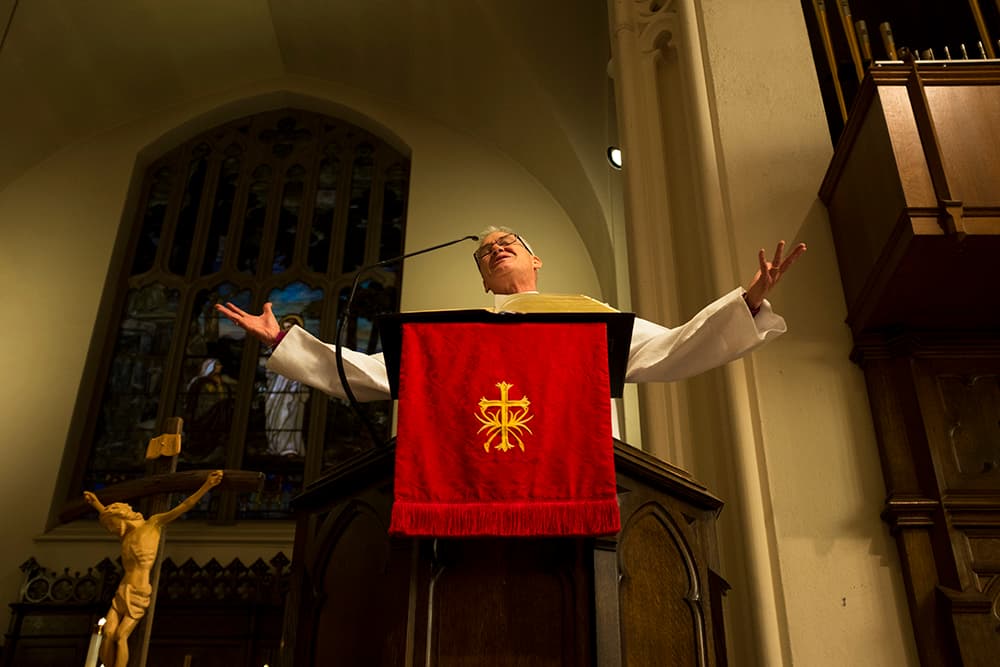
Likewise, Denver's black churches are concerned with security, but those practices can vary according to the size and resources available.
"Our churches, they run the gamut with security," Hughes said. "Basically, our churches usually take care of their security commensurate with the size of their congregation."
He says those security methods include everything from employing armed security, like police and guards, to having certain people in the church with concealed weapons permits be alert and present at key locations. Security cameras can also be a deterrent. Most people looking to harm faith groups are looking for soft targets and any interference, like a locked door or seeing a security camera, could keep an "evil person" from committing a terrorist act.
Hughes mentioned that is important in moments like this to appreciate the historical framework that precedes the violence, especially when it comes to communities that have often been the victims of atrocity in the United States.
"We have never had the luxury to not be concerned about security," Hughes said. "The black church has not had the luxury. Our churches have been targets of terrorism since pre-civil rights days and it did not stop after."
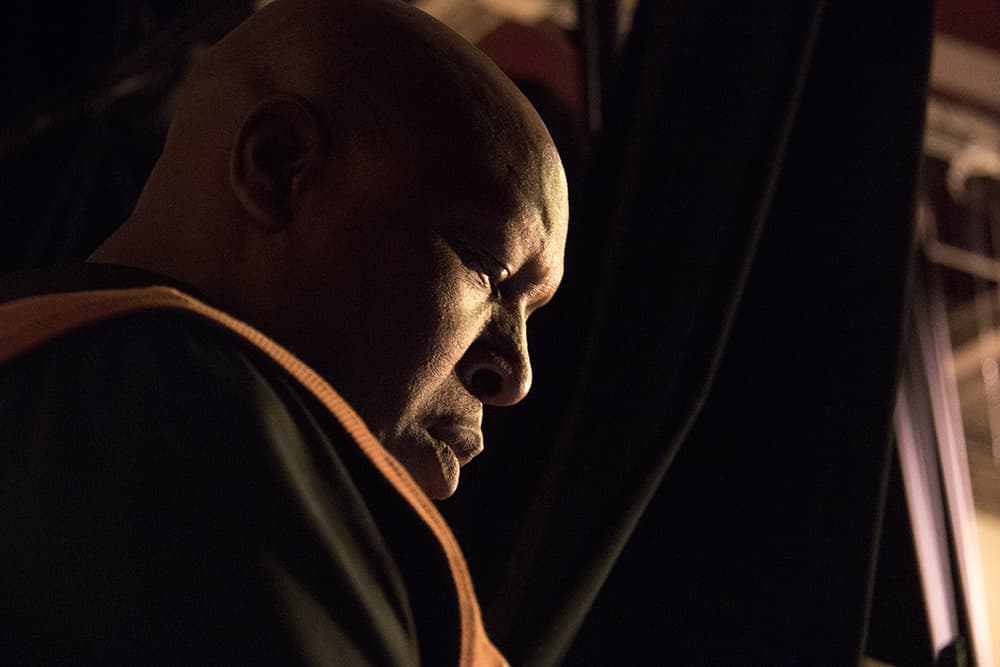
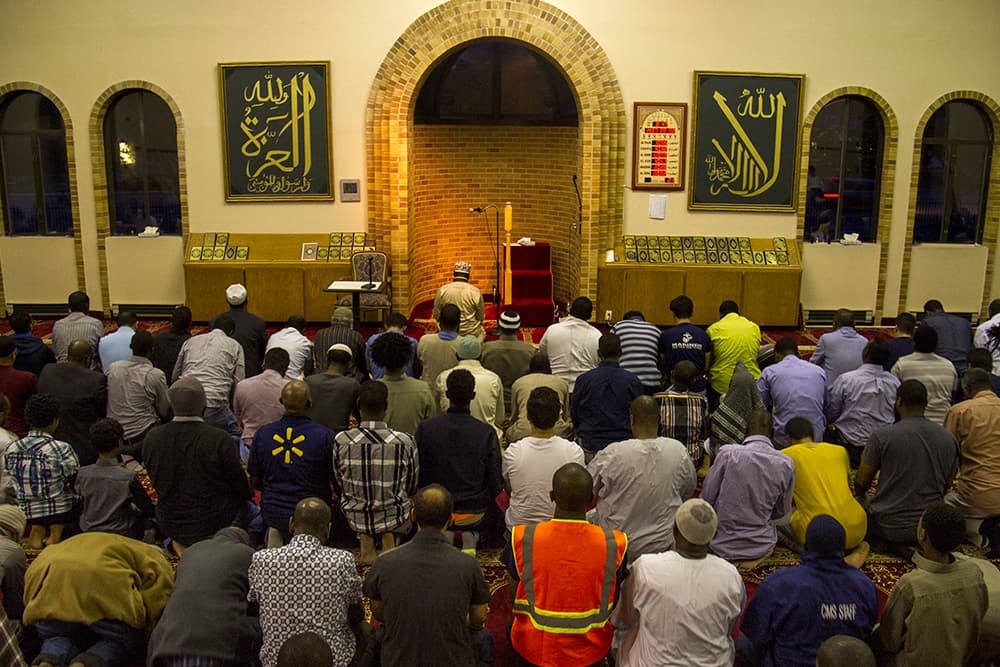
He noted that in times of sanctioned war there were traditionally places that were off limits. That is not true in the war extremist have consistently been waging against faith communities, which he says especially affects minority congregations.
"In the case of racism they've never had any rules for war so we've always had to be vigilant and we have to continue to be," Hughes said.
Similarly, Aronson says that the current level of violence against faith groups "should be unacceptable in 2018 in America, "but will not allow these attempts alter the goals of the the Jewish community here in Denver."
"It's not going to deter the Jewish community from worshiping and being proud members of the community and doing all the various activities that the Jewish community does," Aronson said.
